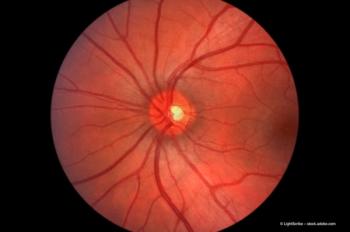
Celebrating the progression of treatment for Inherited Retinal Diseases on Rare Disease Day
Dr Aleksandra Rachitskaya discusses how the treatment landscape for Inherited Retinal Diseases has changed and her hope for the future.
On Rare Disease Day, Dr Aleksandra Rachitskaya talks about how far treatment has come for Inherited Retinal Diseases. Once an untreatable diagnosis, Inherited Retinal Diseases now have an approved gene therapy option as well as more therapeutics under investigation.
Video transcript
Dr Rachitskaya: Hi, my name is Aleksandra Rachitskaya, and I'm a retina surgeon at Cleveland Clinic Cole Eye Institute. On this Rare Disease Day, I'm really excited about the future of Inherited Retinal Diseases. It used to be that Inherited Retinal Diseases were a type of diagnosis one was given, and there was not much hope in terms of treatment. A lot of patients would progressively lose vision and had to rely on low vision devices.
But these days, we do have an approved gene therapy, and also a lot of clinical trials focusing on gene therapy for a variety of Inherited Retinal Diseases. So on this Rare Disease Day, I think the future of Inherited Retinal Diseases as it comes to gene therapy is bright, and I'm excited to be part of that.
Note: This transcript has been lightly edited for clarity.
Newsletter
Get the essential updates shaping the future of pharma manufacturing and compliance—subscribe today to Pharmaceutical Technology and never miss a breakthrough.




























